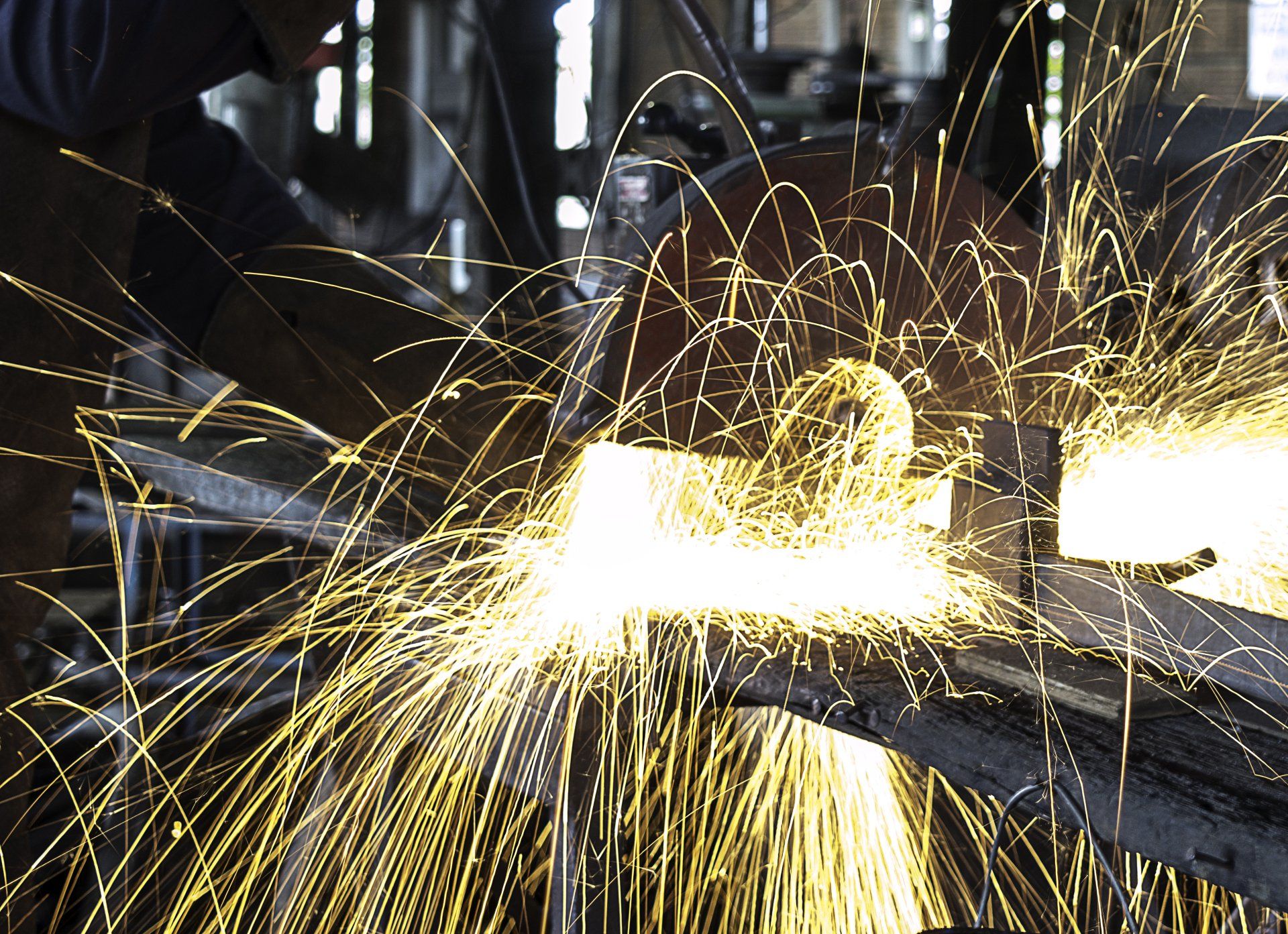One Killed in Multi-Vehicle Collision With Propane Truck
One person died in a multi-vehicle crash involving a propane truck in Galveston County on Tuesday, August 17. While the propane tank on the truck thankfully remained intact, accidents involving chemical tanker trucks can result in widespread harm.
The Fiery Crash
Galveston County officials report that one individual died and another was hospitalized following a collision involving at least four vehicles, including one propane truck.
According to authorities, the accident occurred near the intersection of Algoa-Friendswood Road and FM 517 at around 4 p.m. A vehicle traveling west on FM 517 swerved into the eastbound lane, colliding with the propane truck. As a result of the collision, the truck rolled over and struck at least two other vehicles. Some reports state that the truck and four other vehicles were damaged in the crash.
Both the truck and the initial vehicle caught fire following the collision. Authorities state that the driver of the initial vehicle died on the scene. The truck driver was taken to a nearby hospital for treatment, but their condition has not been released. The condition of the other drivers involved is also unknown at this time.
While the truck did catch on fire, the propane tank did not explode in the crash. The tank will reportedly need to be vented by HAZMAT crews before the truck can be pulled back into an upright position.
Reports on the cause of this crash are limited, and details are subject to change as more information is released.
The Added Dangers of Tanker Truck Accidents
The propane tank on the truck involved in the accident above was not punctured as a result of the crash. Unfortunately, this isn’t always the case in accidents with trucks carrying dangerous chemicals.
Semi-truck crashes are already incredibly dangerous due to the size and weight of the vehicles involved. Semis also have large blind spots and low maneuverability, both of which make accidents more likely. Truckers also face unique pressures to drive while tired, in a rush, or under hazardous conditions.
Tanker trucks bring with them additional dangers. Chemicals sloshing around in the tank can cause a truck to turn over more easily, and sharp turns may be enough to unbalance a truck. Counterintuitively, underloaded tanks may be even more likely to cause a rollover because of the increased room for shifting.
However, of course, it’s the hazardous chemicals often found inside tanker trucks that present the greatest added danger in accidents: some chemicals are incredibly flammable, some cause burns on contact, some can leak into groundwater and drainage systems, and some can even be deadly to nearby residents.
Even if a tank isn’t fully ruptured in a crash, a leak in one of these tanks is enough to do serious damage. This is especially true due to the fact that truckers may not know that a leak has started, spreading the spill across a greater area and increasing the risk that the driver could overturn due to the emptying tank.
If you’ve been injured due to a chemical tanker truck accident in Texas, the Houston car and truck accident attorneys at Lapeze & Johns can help you make a strong argument for relief.
Source : KHOU11 , Nationwide Report



